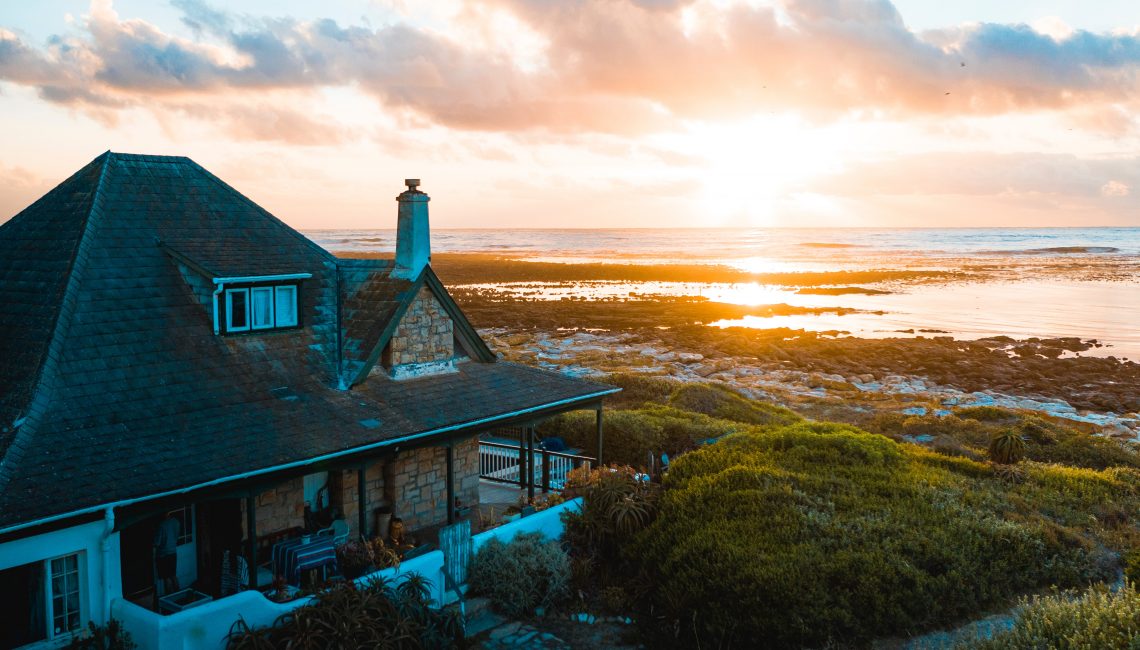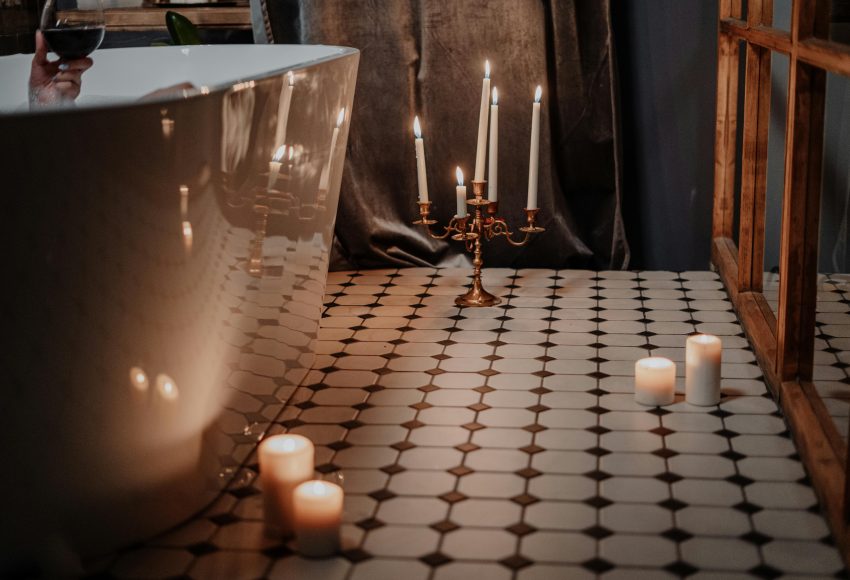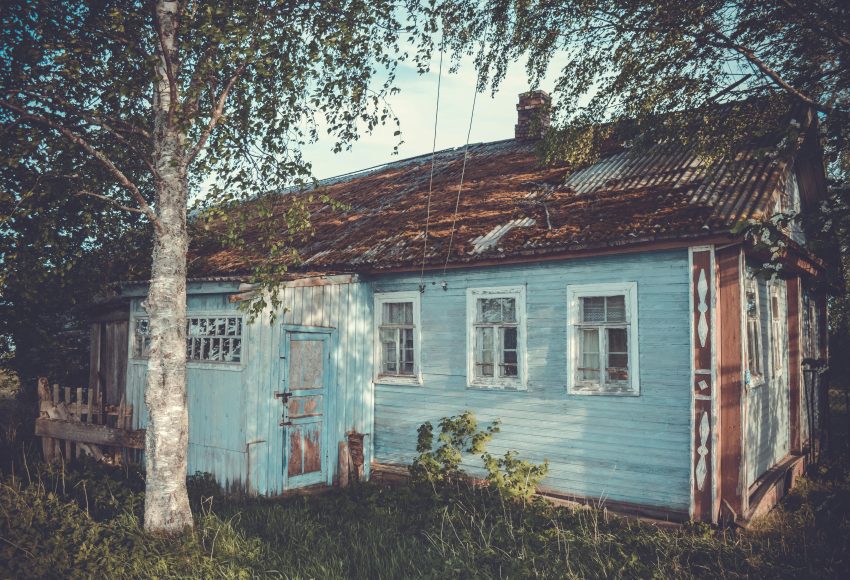As social distancing is enforced under various Provincial states of emergency, all travel plans abroad for the summer have been cancelled. As travelling around the world is not an option, more people will be visiting their cottages this summer or in the middle of purchasing a cottage during the favourable housing market. As the start of summer is underway, we’re acknowledging that it’s a season that feels different for everyone, given the current circumstances. Driving up to the cottage to spend time with family will sure feel familiar and bring a sense of normalcy to those who usually spend the season there. It’s important to note that while traveling away from our homes, we should all be following safe social distancing guidelines! Parties and large get-togethers are prohibited but immediate family gatherings are allowed and considered safe. To prepare yourself and the summer months for cottage season follow these tips to de-winterize your cottage.
Inspect for damage
Firstly, take a look around your cottage, inside and out, and carefully inspect it for any new damages you haven’t seen before. Break-ins or vandalism could leave behind damage while you were away from your cottage. Over the winter months, unfavourable weather conditions could have caused damages especially to the outdoor property. Heavy snow, windstorms and ice could cause breakage, chips or decay that are usually found during the springtime. An empty cottage also means a potential home for insects or pests. If you see any evidence that any rodents or pests have been camping out in your cottage, ensure you reach out to pest-control to help minimize any damage and future issues.
Get on the roof
Common damages that are overlooked from homeowners is the roof as it is hard to recognize from the ground level. On your roof, you may find damaged shingles, areas missing roofing completely, water damage or parts caved in. These can all be a result of harsh winter weather wreaking havoc on your cottage. It’s hard to tell in the winter, but under the summer sun, you will be able to see how your roof is holding up.
Flush it out
It’s time to turn your water back on. After months of being off or have had limited use in the winter season, open a faucet before you turn the water back on as this will allow water that may have been in your pipes to be released. If you did your due diligence and drained your pipes before boarding up for the winter, doing this will rinse out the pipes that have been dry and collecting bacteria over the extended period of time. If your septic tank hasn’t had a check-up recently, contact a professional for inspection.
Reset your alarms
One of the most important things to do right when you get back to your cottage is to test your carbon monoxide detector and smoke alarms. If they are beeping and need new batteries, ensure you replace them as soon as possible. Also, ensure the batteries currently in the devices are not expired; although they are working for the time being, expired batteries can be faulty. Home alarm systems should be checked to guarantee they are working properly. Make sure your devices are in tip top shape to protect your cottage.
Refresh your first aid kits
When you return to your cottage, guarantee your first aid kits are fully stocked. First aid kits are a must in any home. Being prepared with the right supplies will come in handy if there’s an accident.
Let in a breath of fresh air
Open up the windows to let out stale stagnant air and recirculate fresh oxygen throughout your cottage. Oftentimes, the dust furniture, vacuum dust and bacteria in your cottage has been amounting over the winter months. When you turn on your air conditioning system, make sure to have the filter changed prior to using it. Also, look around for any insect hills, spider webs or mould. Clean these up immediately or reach out to a cleaning professional if you have a substantial infestation.
Give the go ahead
If you shut off your water or gas during the winter, call the hydro and gas companies prior to arriving at your cottage to guarantee they are up and running by the time of your arrival. They will be able to plan ahead in turning on your utilities, so don’t make the mistake of thinking that they can be turned on instantly. Doing so may leave you with no water or gas while you are staying in your cottage.
Check your coverage
Lastly, it’s important that your cottage insurance policy is renewed and effective. Contact your insurance broker to ensure your policy is standing and/or request to make any changes. If you do not have insurance coverage for your seasonal property, reach out to a licensed broker to protect your cottage should the unexpected happen. Here at Oracle RMS, we have many years of experience in providing insurance for cottage owners and we’ll be happy to create a custom tailored insurance plan for you. Check it off your list this summer to worry about one less thing and enjoy the warm months!





